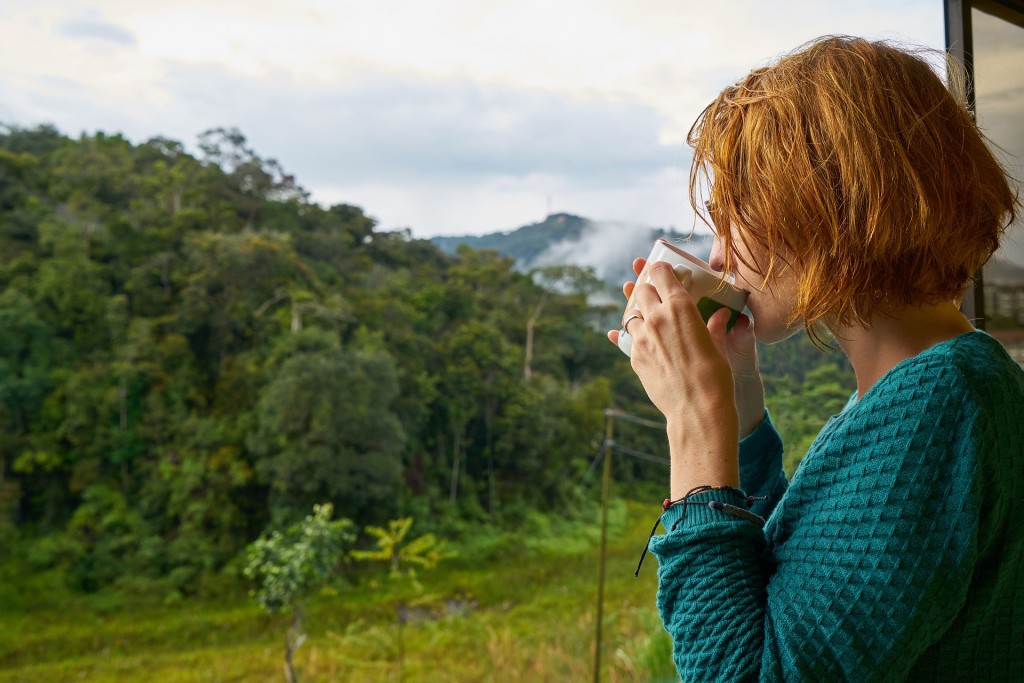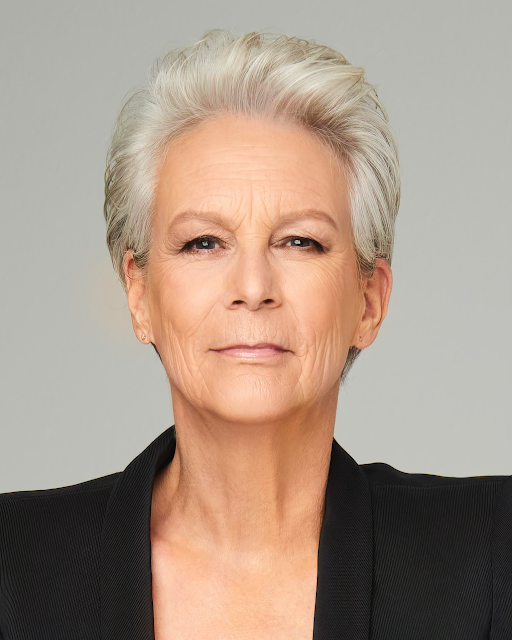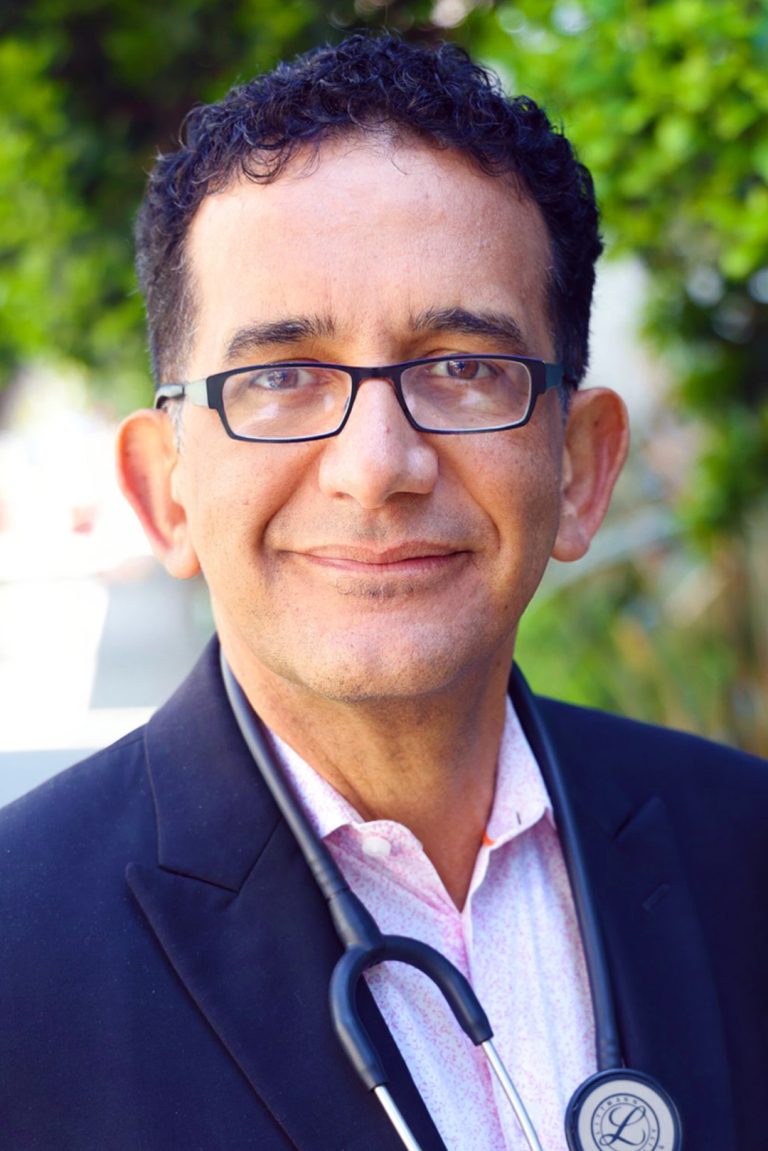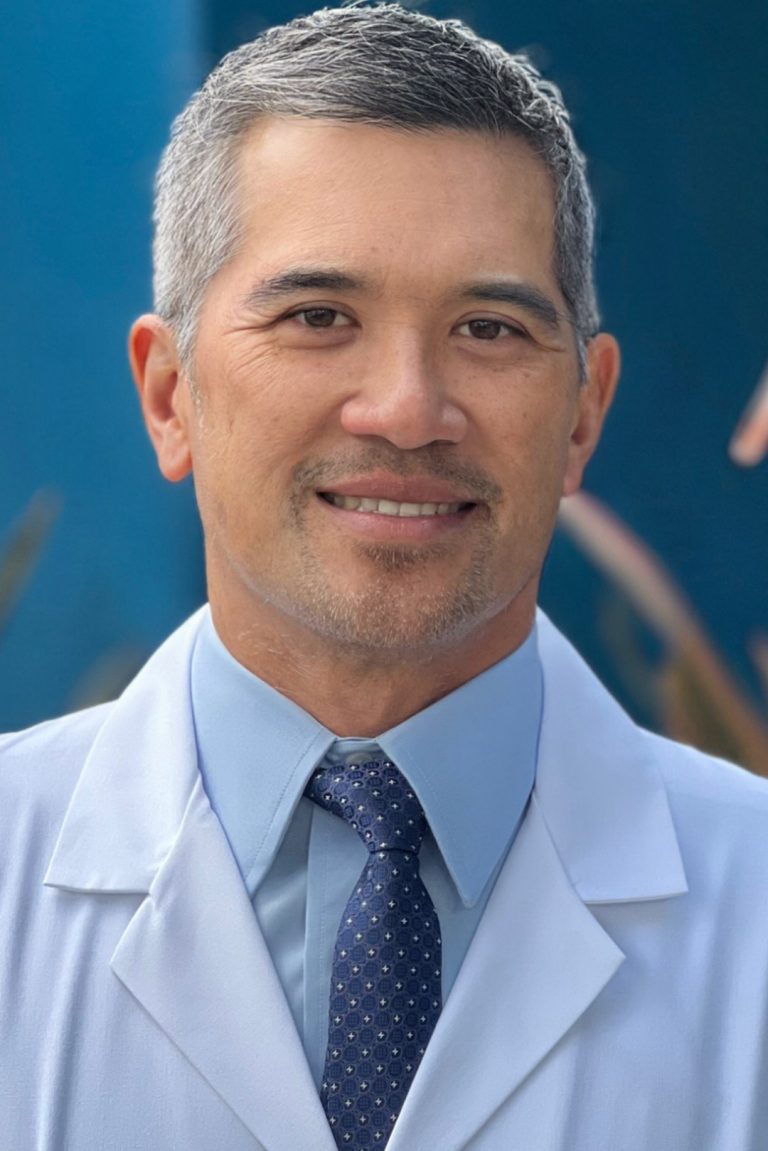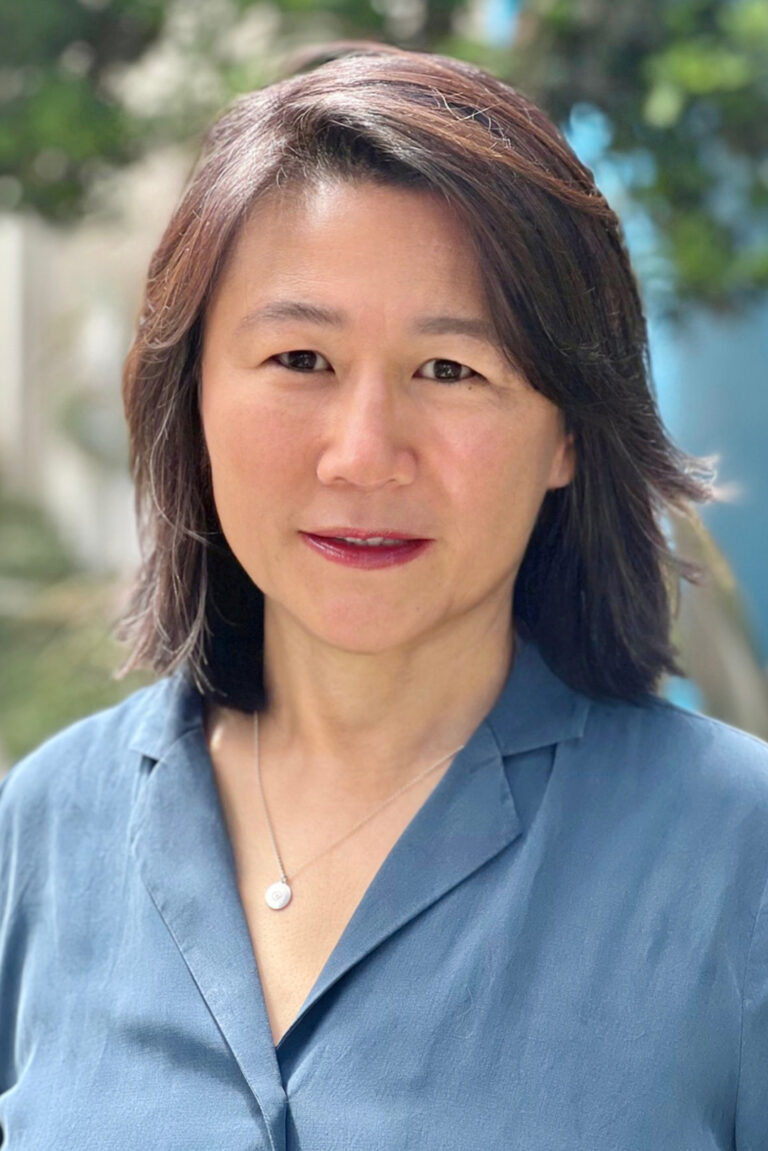I am inspired by the body’s natural ability to strengthen itself through common illnesses. Illnesses are often considered to be a bothersome inconvenience, but they can actually be nourishing opportunities. The body works every second of every day performing all of its tasks to keep our systems going, and when it gets overtaxed for one reason or another, it lets us know by symptoms of illness. These symptoms are a sign that something is not quite right.
Acute inflammations like colds, the flu and fevers seem to be an inescapable part of our life: everyone experiences them. Why do we get them? Many of us have noticed that we come down with these when we are depleted or overly stressed. A change in weather or an over stimulating, stressful event can lead to an illness. We explain this by assuming that stress lowers our resistance to the viruses and bacteria. When we get sick we’ve allowed ourselves to get out of balance.
Studies have shown that respiratory illnesses increase from birth and peak at age 6; then decline. It is a normal part of childhood to experience a variety of infections and inflammations in the first seven years of life. A growing body of research supports the idea that children who experience frequent infections and inflammations in early childhood will strengthen their immune systems and will be less prone to allergies and asthma later in life. Since the 1960’s there has been a sharp increase in childhood asthma, which accounts for 1% of children’s deaths and is the leading cause of childhood disability. This increase in Asthma has coincided with the increased use of antibiotics and medications to suppress fever in children experienced any sort of increased temperature or infection. Certainly serious infections need to be treated aggressively, but we may be over-treating mild infections that could be handled by the body without the need for antibiotics.
We all know how important exercise is for our cardiovascular system, musculoskeletal system and respiratory system – well these illnesses are the only way to exercise our very important immune system. There are medicines and techniques to ease the suffering and burden like antibiotics, fever and pain reducers, but these measures don’t necessarily create health even if they do reduce the burden and allow the body to heal and restore balance.
The current way of thinking is to alleviate the symptoms as quickly as they come- and doctors are measured by this. The rapid relief of anti-inflammatory medicines in rheumatic diseases impress both the patients and doctors yet the disease continues to progress, albeit more slowly. Healing is actually overcoming the disease – which leads to a new and improved state of health. An example is a broken bone – the point at which it was broken is often stronger after. The same applies to measles – after contracting it, the organism is immune to it for life – which means it has become stronger than the virus. This occurs through the stimulation of processes that the organism carries out to overcome the illness– so that the organism grows as a result. The doctor does not heal but only supports natures healing forces.
Please understand that prescription medicines and surgery can be life saving, but there should be a focus on helping the individual combat the illness himself as well as on eradicating infections. There are many natural remedies to help support an individual through an illness and this done safely can promote health for the future.
“The art of medicine consists of amusing the patient while nature cures the disease”
Voltaire
Dr Melanie Gisler is a board certified family physician and incorporates anthroposophic medicine into her practice. Anthroposophic Medicine is an integrative form of medicine that views healing as a multi-faceted process that brings the human being’s body, soul and spirit in balance with itself and its environment – leading to greater health.

